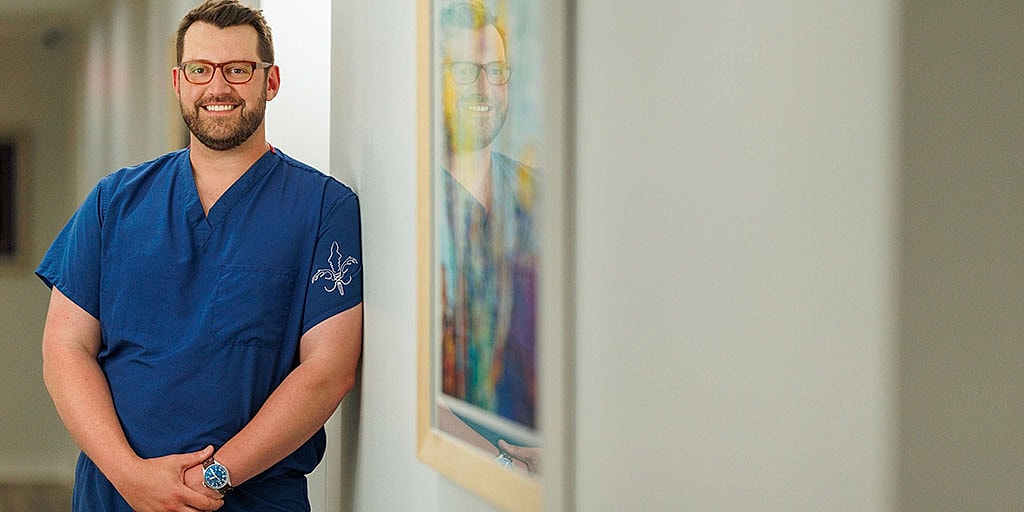


You’re sitting in the dentist’s chair, and the words “you’ll need surgery” hang in the air like a storm cloud. Your mind races with questions: Who should do it? Is it safe? Will it hurt more than it has to? If you’re facing a procedure like wisdom teeth removal, dental implants, or a complex extraction, the choice of who performs your surgery isn’t just a technical detail—it can shape your comfort, your recovery, and your peace of mind.
This page is here to help you understand why choosing an oral surgeon could make all the difference for you. You’ll learn how specialized training, experience with complications, and a focus on safety and precision work together to give you the best possible outcome. By the end, you’ll feel empowered to ask the right questions and confident about taking the next step toward treatment with clarity and calm.
Your general dentist is essential. They’re the reason you don’t spend your weekends dealing with cavities or gum issues. They’re your first line of defense, your preventive care partner, and someone you trust. But even the most skilled general dentists know that certain situations benefit from a surgical specialist. Think of it like your primary care doctor referring you to a cardiologist when you need specialized heart care—collaboration ensures you get the expertise your situation requires.
Most people don’t realize how much extra training oral surgeons receive. After completing dental school, they spend 4–6 additional years immersed in hospital-based surgical residency programs. During this time, they master techniques for complex tooth extractions, dental implants, facial reconstruction, and managing emergencies—plus full training in general anesthesia and IV sedation. It’s a deep dive into both surgery and medicine that goes far beyond what’s covered in a general dental program. This means when you choose an oral surgeon, you’re choosing someone who’s had hands-on experience with thousands of procedures before ever touching yours.
Complications can arise even in seemingly simple procedures, but they don’t have to turn into emergencies. Oral surgeons are trained to anticipate potential problems by understanding subtle signs, like abnormal bleeding, unexpected nerve placement, or reactions to sedation. If something doesn’t go as planned, a specialist’s ability to stay calm, act quickly, and apply advanced techniques can be the difference between a smooth recovery and a prolonged, stressful one. This isn’t guesswork; it’s the result of rigorous training and daily practice.
When you need your wisdom teeth removed or a dental implant placed, you want someone who does these procedures day in and day out, not once every few months. Oral surgeons perform complex procedures like these every week, honing their technique and efficiency. This routine experience reduces time under anesthesia, minimizes tissue trauma, and helps patients heal faster with fewer complications. It’s like the difference between a weekend warrior and a seasoned pro: repetition builds unmatched skill.
Patients with medical conditions like heart disease, diabetes, or bleeding disorders often require additional precautions before undergoing oral surgery. Oral surgeons have specialized knowledge in coordinating with your primary physician or specialists to plan procedures that account for your medications, conditions, or health risks. They’re equipped to adjust anesthesia protocols, manage bleeding risks, and monitor your vital signs closely, ensuring your procedure is safe and tailored to your individual needs—something general dental practices aren’t always set up to handle.
Oral surgery can feel intimidating, but a well-equipped surgical suite with a dedicated anesthesia team can make the experience much less stressful. Oral surgeons create an environment where you can feel secure, knowing sterile protocols are followed and emergency equipment is on hand. They’re also licensed and trained to provide IV sedation or general anesthesia, so you can rest easy knowing your procedure will be as comfortable and pain-free as possible.
Surgery can bring up a lot of questions, and that’s exactly how it should be. What type of anesthesia will you need? What are the risks and benefits of the procedure? How long will recovery take? Will you need someone to drive you home? Oral surgeons don’t just perform your procedure. They’re here to talk you through every concern so you can make informed decisions with confidence. And when your general dentist suggests a referral, it’s a sign of excellent, collaborative care, not a sign your dentist can’t handle your case.


